Removing complexity to add meaning
minimalism.com
“There’s no limit to how much we can add, but there is definitely a limit to how the human brain comprehends things. Simplicity takes real thought.” – DOC
Simplicity
Simplicity should be ingrained in every layer of product design. From aesthetic simplicity (how it looks), to logical simplicity (how it works), all the way to technical simplicity (how it performs)—those layers are intrinsically connected and work together to create a simple experience for users. If your product looks simple but takes long minutes to load, users likely won’t perceive it as simple.
Simplicity is repeatedly saying no before getting to a yes. Not everything listed in the requirements document needs to be included in the product, let alone become an interface element. Design isn't just making screens for every feature. Simplicity is achieved when you prioritize, merge, organize, reduce, combine, hide, gradually unveil, shorten, compress, and sacrifice. In Laws of Simplicity, John Maeda talks about the idea of thoughtful reduction: that when in doubt, you should remove, and just be careful of what you remove.
You cannot “add simplicity” to your product. Simplicity isn't a coat of paint. You cannot start your designs assuming the product will be complex, that it will cover a lot of ground. Start with the most important problem and the simplest solution. That is the core of your product; the one thing it needs to be excellent at. Then, and only then, build new features around it.
Simplicity lives in the gaps. In the white space between modules. In the negative shape around a sculpture, in the white page between chapters, in the stillness before a dance move. What you don't design is just as important as what you do.
Simplicity is filling everything with meaning. When you put the time and thought to make something simple, you’re showing you care. Simplicity is important in every aspect of your work—not only in how you design, but how you collaborate, how you choose to communicate, how you organize your files, how you lead your meetings. A messy team cannot make a simple product. When you make simplicity a priority, you're not just making things easier. You're giving them meaning.
Words by DOC
01 – Journal
Read entries from the archive of the Minimalism Life® community journal
Minimalism vs. fear: Fear stops us from being minimalists (by Leo Babauta)
To remind yourself of something’s value, let it go: Sometimes, the best way to know whether something truly adds value to your life is to get rid of it for a while (by Shawn Mihalik)
Constructing a simplicity framework: Two lists to help simplify your life (by Carl Phillips)
Share your story
Do you have an interesting story you would like to share on minimalism.com? We want to read about it. You have the opportunity write about your experience of how minimalism has impacted your life and get your words published in our community journal.
02 – Minimal art
From our curated gallery

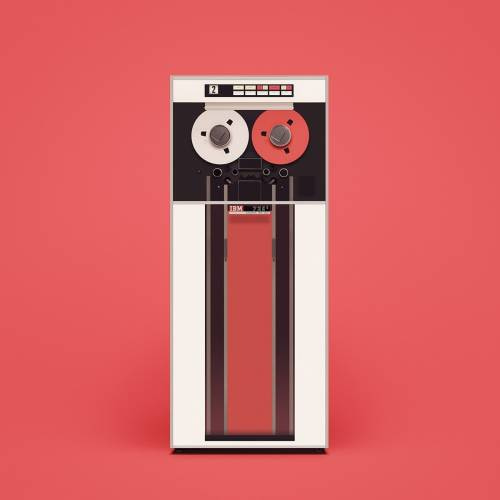

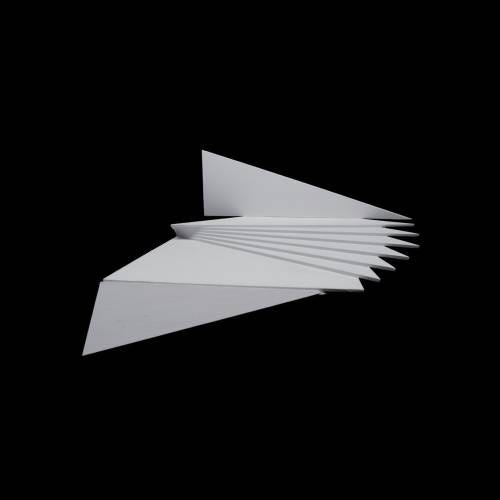
03 – Minimal design
Explore our list of curated design resources
Daylight tablet (tool/hardware)
04 – Minimal lifestyle
Explore our list of curated lifestyle resources for simple living
Nothing: timer (tool/experiment)
Moments: quiet social app (tool/experiment)
Meditation styles by Walden (article)
05 – Shop
Discover our hand-picked minimalist products in the Minimalism Life® shop
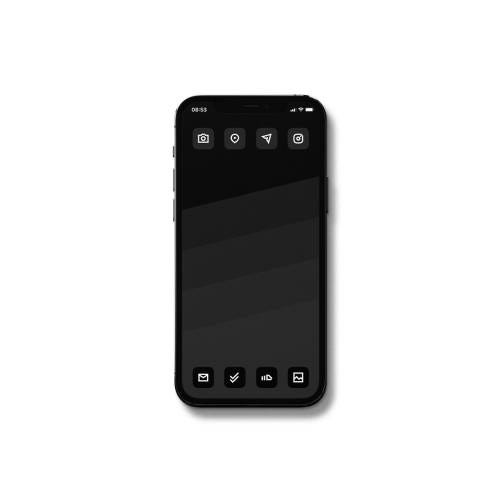
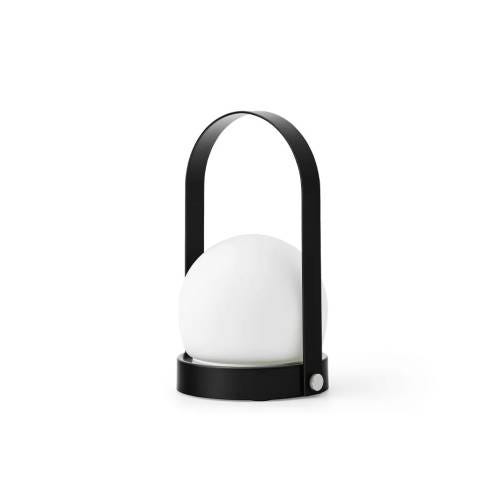
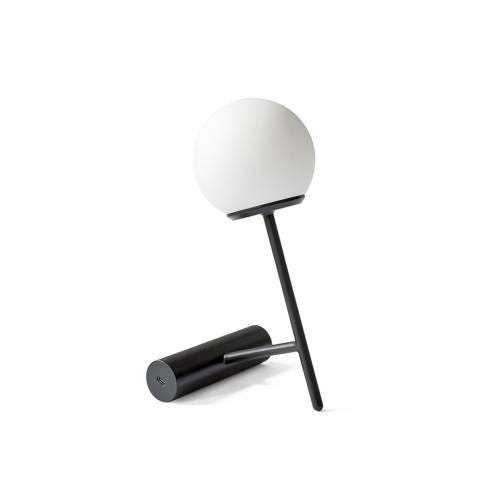
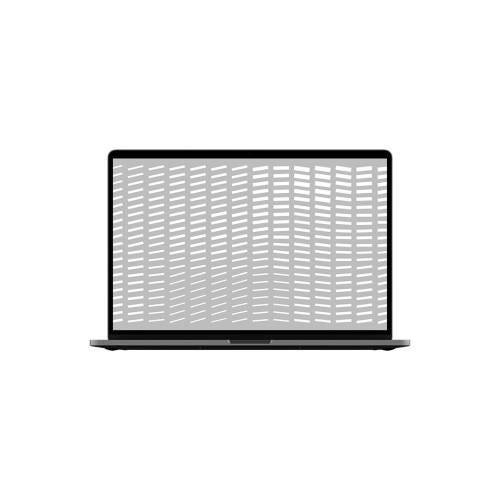
06 – Brands anchored by simplicity and sustainability
Minimalism can be about frugality and owning less, but it can also be about supporting ethical brands with sustainability at their core. Here’s several that you might be interested learning more about:
Dalgado: Timeless accessories made to last
Collars&Co: Minimalist polo shirts
JAK: Portuguese leather sneakers
Oliver Cabell: Minimalist Italian footwear and accessories
Steele & Borough: Vegan, lightweight and water repellant bags
Nordic Knots: Rugs inspired by the beauty of the Nordic light
CDLP: Luxury essentials
The Resort Co: Eco-conscious and artisan vacation wear
Escuyer: Accessories designed in Brussels
Meller: Minimal shades
Wahts: Minimal monochromatic menswear
Floyd: Unique and distinctive travel cases
ASKET: ending fast fashion by making covetable everyday essentials
Mismo: Bags and accessories from natural materials
Stiksen: Premium caps from Sweden
Discover more minimal brands on minimalism.com
